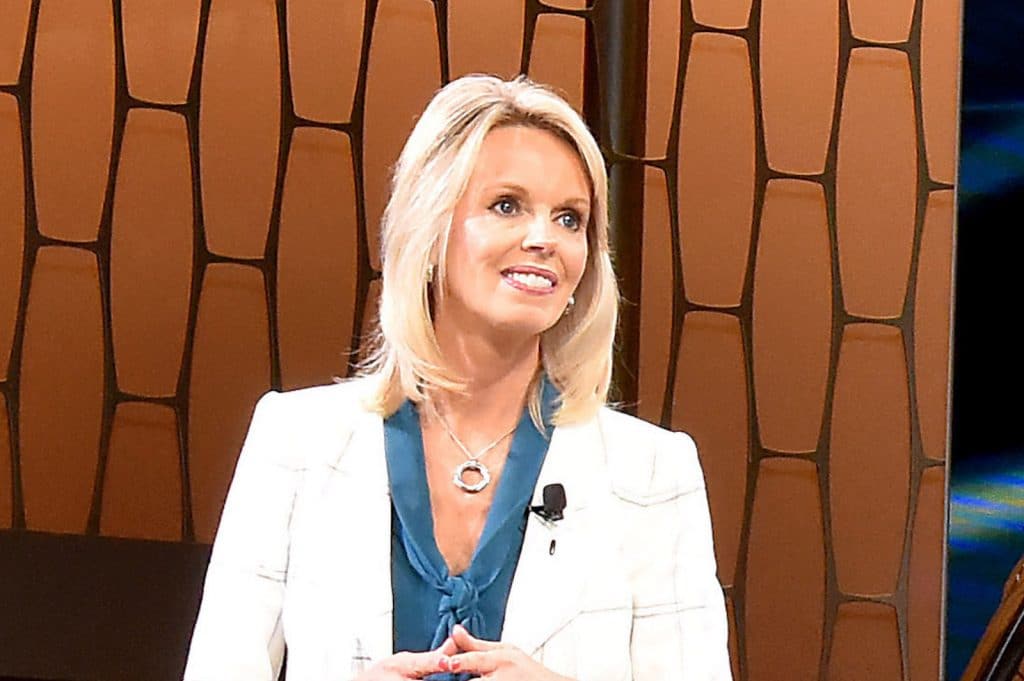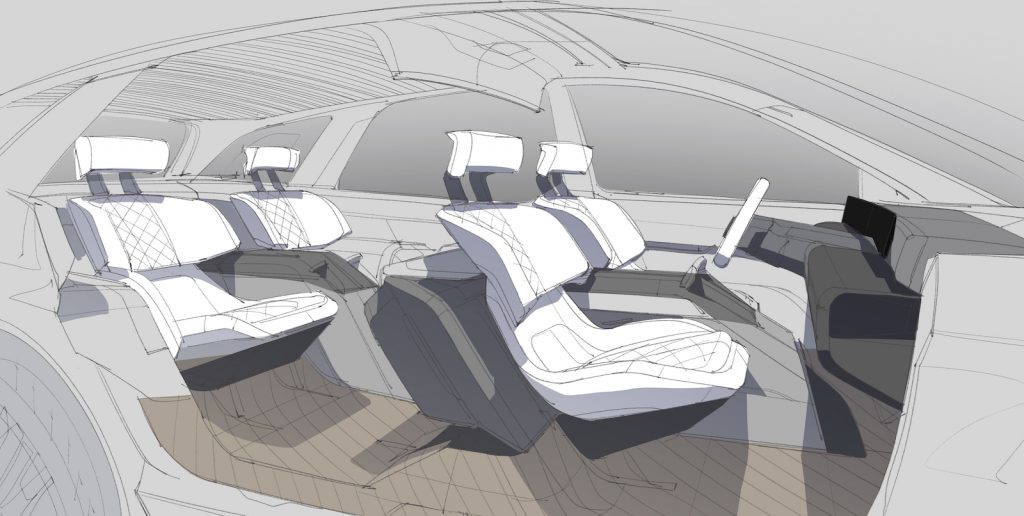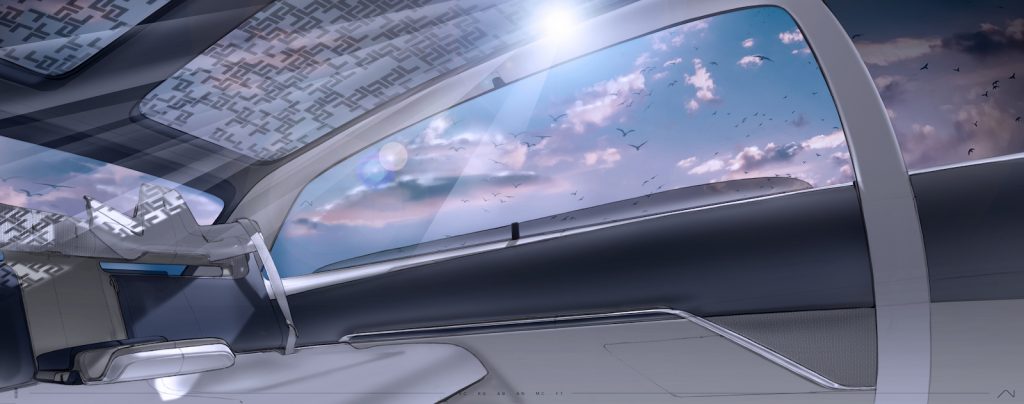After years of delays and false starts, Lincoln finally plans to introduce what it describes as a “full portfolio” EVs, with the first to make its debut in 2022.

In all, four battery-electric vehicles, or BEVs are now in development, Lincoln said in a statement. The luxury brand also said a “full line-up of connected vehicles” is in the works, taking things a big step beyond what it currently offers through its Sync infotainment system.
The rollout of the first Lincoln EV will come during the same year the brand celebrates its 100th anniversary, “no better time to propel the Lincoln brand forward,” said Joy Falotico, the automaker’s president.
The technology will fit Lincoln’s “Quiet Flight” mantra she added, since electric motors are virtually silent and smooth. They can also produce the sort of horsepower and torque that luxury buyers expect.
Brand’s history with hybrids
Lincoln has offered a handful of conventional hybrids in the past decade, as well as plug-ins like the 2021 Lincoln Aviator Touring model. But it has repeatedly scuttled plans to bring a fully electric model to market. That includes a battery SUV that, it announced two years ago, would be developed as part of parent Ford Motor Co.’s alliance with EV startup Rivian. That project was scuttled last year, though Ford said it eventually will work with Rivian for a new, all-electric model.
Lincoln is not saying what sort of BEV it plans to debut next year. But with the company effectively out of the passenger car market in the U.S., it appears highly likely that the marque will introduce some sort of utility vehicle.

It will be based on an all-new “flexible architecture,” a skateboard-like platform putting both batteries and motors below the cabin load floor. The platform will be able to configured in either rear- or all-wheel drive, according to Lincoln.
Ford was an early pioneer in electrification with products like the short-range Focus EV and Lincoln MKZ Hybrid. But it lagged behind as other manufacturers, starting with Tesla, began rolling out longer-range BEVs that also delivered more sporty performance.
Coming back to battery power
The carmaker joined the expanding market with last year’s launch of the Mustang Mach-E. And CEO Jim Farley said last month that the company will boost its investment in electrified vehicles to more than $30 billion by mid-decade. That will include more pure battery-electric models than previous planned. The next model in the rollout will be the Ford F-150 Lightning pickup set to begin production early in 2022.
While more and more mainstream products are coming to market, the higher premium for battery power has led many manufacturers to emphasize premium and luxury segments. Mercedes-Benz will join the fray later this year with the EQS, an all-electric alternative to the familiar S-Class. Startup Lucid will debut with a nearly $150,000 version of its Air sedan late this year.

Lincoln’s technology push also will see it upgrade its connected vehicle technology and services. Today’s Lincolns come equipped with the brand’s version of Ford Sync. Using a smartphone app, a customer can lock the vehicle, remotely start some models, and performance a variety of other remote functions. Lincoln wants to go several steps beyond and is expected to introduce pay and even subscription services, as well.
Among other things, connected vehicles could be linked to a local network — or even to each other — to track weather and road conditions.
New Lincoln models are being equipped with smartphone-style over-the-air update capabilities. These will allow the automaker to remotely update software and even add new vehicle functions, such as advanced driver assistance systems.
That, said Falotico, will allow Lincoln “to create an always-on relationship with (customers) and help transform the Lincoln brand for the future.”







